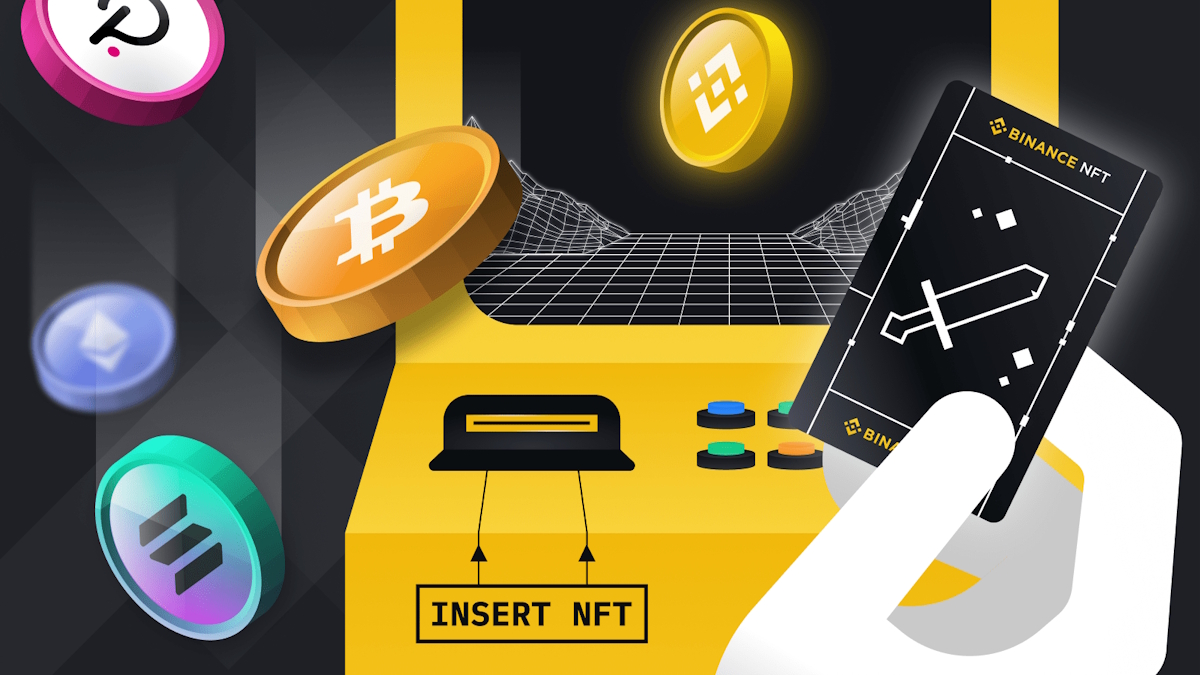In the rapidly evolving digital economy, the convergence of gamification and cryptocurrencies is reshaping how businesses engage users, build loyalty, and generate value. These technologies, grounded in behavioral science and decentralized finance, are redefining digital interactions and economic participation. By merging game mechanics with blockchain infrastructure, companies are unlocking new models of ownership, incentive, and engagement

In the evolving landscape of the digital economy, the convergence of gamification and cryptocurrencies is exerting a transformative influence on how online businesses conceptualize value creation, user engagement, and monetization strategies. These two technological and behavioral paradigms—one rooted in game design principles and the other in decentralized financial systems—are not only disrupting conventional business models but are also forging new pathways for innovation. As organizations navigate increasingly competitive and decentralized digital environments, the strategic implementation of gamification mechanisms and blockchain-based financial assets is proving essential in cultivating customer loyalty, incentivizing participation, and creating self-sustaining ecosystems. This shift reflects a broader trend toward user-centric design and the disintermediation of traditional financial and service infrastructures through distributed ledger technologies.
Gamification, though not a novel concept, has evolved substantially in recent years with the proliferation of data-driven user interfaces, mobile computing, and advanced analytics. Its origins in behavioral psychology and game theory have allowed digital platforms to integrate reward systems, achievement structures, and status recognition into non-game contexts, thereby enhancing user motivation and engagement. From loyalty programs in e-commerce to performance tracking in educational applications, gamification techniques have proven effective in increasing user retention and interaction.
In parallel, the emergence of cryptocurrencies and blockchain technologies has redefined notions of digital ownership, trust, and transactional integrity. The introduction of Bitcoin in 2009 marked the beginning of a decentralized alternative to fiat-based financial systems, with Ethereum later enabling the development of programmable smart contracts and decentralized applications (dApps). Together, these innovations have catalyzed the formation of a decentralized digital economy where peer-to-peer transactions, tokenized incentives, and immutable records are becoming foundational elements of value exchange.
The integration of these two domains—gamification and decentralized finance (DeFi)—is giving rise to novel business architectures. Blockchain-based gamification systems, for instance, enable the creation of transparent and programmable reward mechanisms where users are not merely passive consumers but active participants and stakeholders in the platform economy. In this emerging model, value is co-created and distributed through tokens, badges, and digital assets that can be owned, traded, or staked, thus aligning user engagement with economic incentives.
A key example of this convergence is the meteoric rise of Non-Fungible Tokens (NFTs), which represent verifiable digital ownership of unique assets on the blockchain. While initially associated with digital art and collectibles, NFTs have rapidly expanded into domains such as gaming, virtual real estate, intellectual property, and brand loyalty. In the context of gamified systems, NFTs function as both incentive structures and economic instruments, enabling platforms to tokenize achievements, rare items, or identity traits, thereby generating scarcity and increasing user investment. Moreover, NFT-enabled ecosystems allow for secondary market trading, introducing liquidity into what were previously non-monetized forms of user engagement.
This gamified ownership model is being increasingly adopted by digital platforms seeking to deepen user involvement. For example, play-to-earn (P2E) gaming economies such as Axie Infinity and The Sandbox have demonstrated how users can earn real-world value through in-game achievements and asset creation. These platforms employ a dual-token model—one for utility and one for governance—combined with NFT-based itemization, to foster economies where users can influence the platform’s evolution and benefit from its growth. While regulatory and sustainability concerns remain, the underlying model is reshaping expectations around digital labor, value accrual, and participation.
In the realm of e-commerce and digital services, blockchain is increasingly being adopted not only for its payment facilitation capabilities but also for its role in trust building and transparency. Cryptocurrency integration enables borderless, low-cost transactions, often with enhanced privacy and security. Some platforms are leveraging stablecoins to reduce volatility while benefiting from blockchain’s speed and verifiability. In addition, smart contracts are automating processes such as refunds, escrow, and loyalty rewards, thereby reducing operational friction and enhancing consumer confidence.
The implementation of gamified mechanisms in this context further elevates user engagement. For instance, customers may earn tokenized points for purchases, reviews, or referrals—points that can be exchanged for discounts, NFTs, or other digital assets. When these rewards are secured on a blockchain, users gain verifiable ownership and the option to trade or transfer them, adding a layer of economic utility to user interactions. This approach not only incentivizes repeated engagement but also embeds the user within the platform’s value chain.
For digital enterprises, the fusion of gamification and cryptocurrencies represents more than a tactical enhancement—it constitutes a strategic shift in how user value is conceptualized and delivered. Traditional metrics of engagement, such as click-through rates or time-on-platform, are increasingly being supplanted by models that account for user-generated value, token circulation, and network effects. In decentralized platforms, users who contribute content, governance input, or development resources can be rewarded in native tokens, thereby transforming them into stakeholders rather than mere consumers.
This evolution is also redefining brand-consumer relationships. The transparency of blockchain-based reward systems reduces ambiguity in loyalty programs, while the programmability of smart contracts allows for dynamic and personalized reward structures. Moreover, token-based governance models introduce participatory elements into platform development, enabling communities to co-govern and co-invest in the platforms they use. This paradigm enhances user trust, fosters long-term engagement, and aligns incentives across all stakeholders.
From a macroeconomic perspective, the expansion of these models could lead to a more distributed and inclusive digital economy. As barriers to entry are lowered through decentralized infrastructure and gamified user acquisition models, small businesses and creators gain access to global markets and new revenue streams. Meanwhile, consumers benefit from greater agency and participation in shaping the services they use.
The ongoing integration of gamification and blockchain technologies is likely to accelerate as both the technical infrastructure and regulatory clarity mature. Advancements in zero-knowledge proofs, layer 2 scaling solutions, and interoperable standards are addressing scalability and cost concerns, enabling more seamless and secure user experiences. At the same time, the evolution of digital identity systems and decentralized autonomous organizations (DAOs) is paving the way for more complex and community-governed ecosystems.
In the years ahead, we can anticipate a proliferation of tokenized economies across sectors including education, health, finance, and entertainment, where engagement is directly linked to ownership and value generation. These systems will likely evolve toward greater personalization, interoperability, and integration with real-world data, enabling more responsive and intelligent user experiences. As digital businesses adapt to these paradigms, the boundaries between consumption, contribution, and compensation will continue to blur, giving rise to a participatory economy where every interaction has the potential to generate tangible value.

